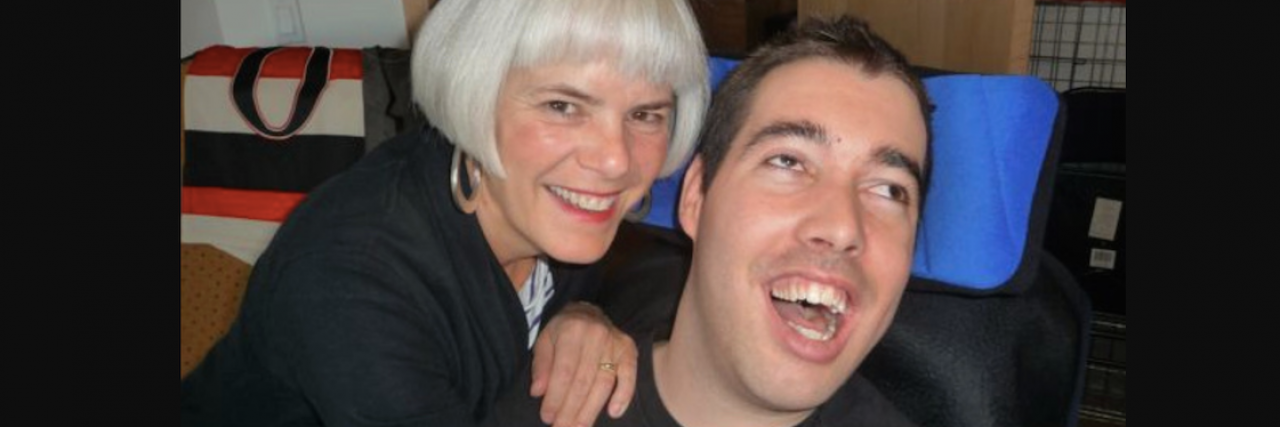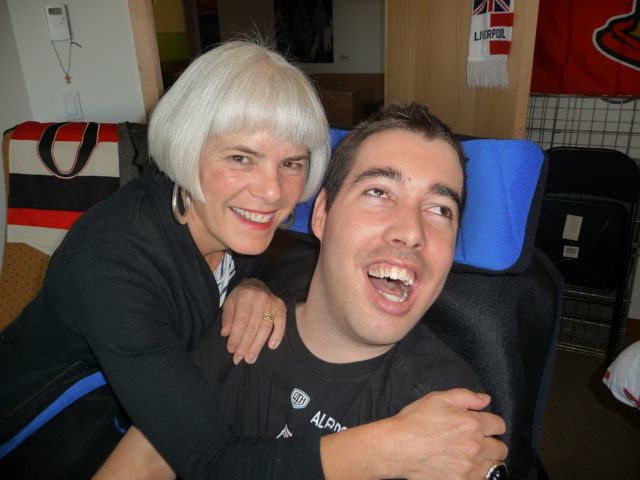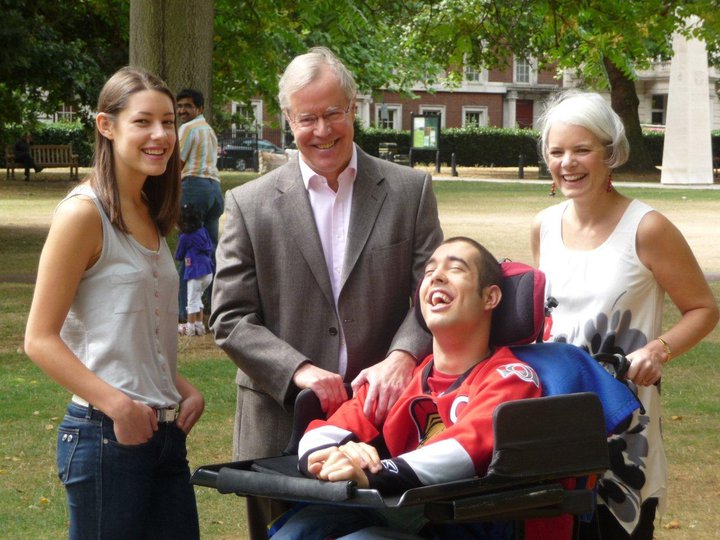Caregiving is a complicated role, full of joy and sometimes grief and frustration. Caring for those we love is laden with human drama and is hard enough without imposing beliefs and standards upon ourselves that make it harder.
• The Mighty’s Caregiving Toolkit
Belief #1: My role is to give care, not receive care.
Anyone giving or receiving care is in a relationship with the other. As in partnerships of any kind, there is fluidity in the give and take. Why, then, do we sometimes believe that caregivers only give care? Of course, there is one person in a care relationship who will need assistance with particular activities of daily living. But that doesn’t mean a loved one never gives care in return — a frail senior can pat an adult child’s hand or offer words of wisdom. Sometimes, care comes in more ephemeral ways such as a smile or even an hour of peaceful silence. Friends or extended family members might offer to fill a shift or cook a meal. Caregivers are care receivers, too.
Belief #2: I will be happy only if others show me I am loved.
This belief is very harmful to caregivers because our loved ones can’t always offer positive reinforcement for our private caring acts, and why should they? Caregiving is by nature very personal. The purpose of care is to enable a loved one to be healthy and do whatever he or she would like to do. Happiness and fulfilment are emotions that must be generated by the caregiver within herself. Most successful longterm caregivers have become experts at locating life satisfaction within.
Belief #3: If I don’t do everything myself, I am a failure.
This is perhaps the most damaging belief for caregivers and care receivers alike. If Steve Jobs believed he could create a computer company with no employees, Apple wouldn’t exist today. Care, like all complex tasks, is best delivered as a team. This doesn’t mean a different person needs to bathe your loved one every day or cook in your kitchen. It means that people need to support you, the caregiver, to thrive in your role. That support will look different for every caregiver, but the constant is that there is a team and the caregiver is the team leader.
Belief #4: I must appear calm and in control at all times.
Caregiving is emotional. There are highs and lows as well as long stretches of quiet repetition. Many caregivers feel that it’s wrong to express frustration or grief — that a show of emotion to medical professionals is “unprofessional” or worse, a betrayal of their loved one. Some caregivers worry that tears will elicit an unwanted pity response in friends or that if they begin to cry, they might not be able to stop. Caregivers need to express emotions, including painful ones. In Julie Keon’s book, “What I Would Tell You,” expresses this human need acutely:
“Grief can be our silent companion, something to be tended and nurtured. Think of grief as a person knocking on your door who really wants to see you. They knock incessantly… When the knocking starts, instead of hiding, you can take a deep breath and welcome this person into your home… You set a few reasonable boundaries as to how much time you have to give and then you put the kettle on. You settle in for some hot tea and conversation. As the visit progresses, you notice it isn’t as bad as you thought it would be. You are discovering that this person you had always hidden from is wise and has much to offer.”
Belief #5: Work at home is not as important as work for pay.
Wrong! Work at home is vital and it has great worth. In Canada, family caregivers contribute over 5 billion dollars in unpaid labor annually to the national health care system. The next time someone asks, “So, do you work?” answer, “Oh yes! I work as my mother’s caregiver. And what do you do?”
Try turning these harmful beliefs into positive ones: My role is to both give and receive care. I can be happy and fulfilled if I choose to be. I give the best care when I work in a team. I pay attention to my emotions, and sometimes I feel better after a good cry. My work is valuable and important.
Want to end the stigma around disability? Like us on Facebook.
And sign up for what we hope will be your favorite thing to read at night.



